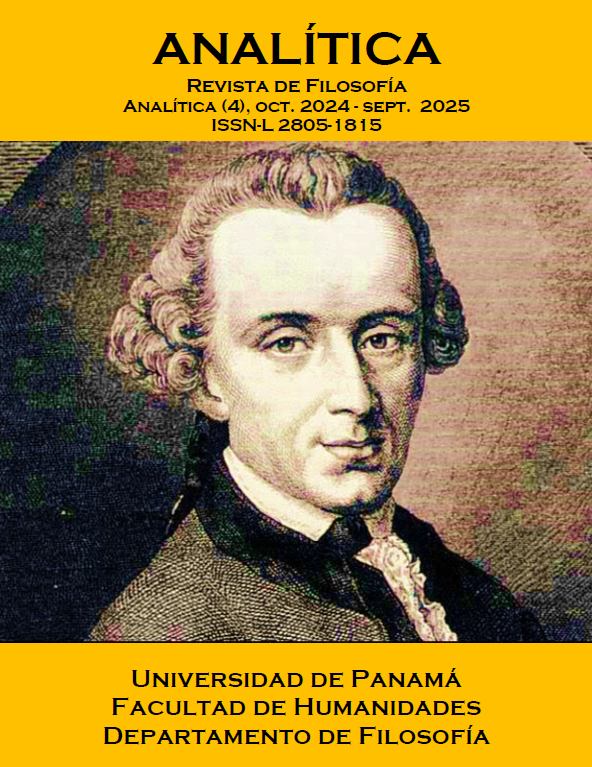

Copyright (c) 2024 Analítica

This work is licensed under a Creative Commons Attribution-NonCommercial-ShareAlike 4.0 International License.
The paper presents an exposition of Truth-Conditional Pragmatics, a theory that maintains that pragmatic effects strongly influence the semantic content of the expression of an utterance. This theoretical mechanism explains how the literal content of a linguistic utterance adjusts in cases of extensive changes in meaning. The article then connects the theory and the notion of mental archives, which explains how speakers store data about entities in the world. This theory helps to understand how reference is presented and how an interlocutor has information about entities in the world, making it easier for them to understand the statements. The article also discusses Huang's objection to the indeterminacy of literal interpretation, where it is argued that some terms have multiple interpretations, making literal interpretation impossible. However, this poses no problem for Salience Based contextualism. The article concludes that there are cases of context sensitivity that cannot be explained using Truth-Conditional Pragmatics, which makes it impossible to dissolve the division between pragmatic competence and semantic competence, which is one of the main objectives of this type of Pragmatics.